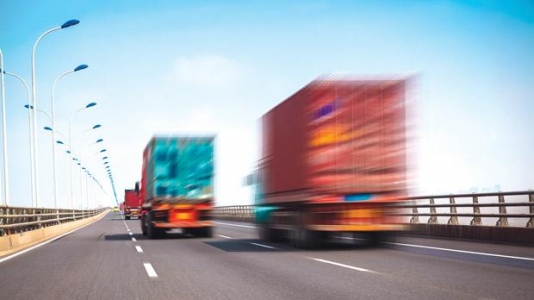
The shipping industry has been consolidating over the years, with the global downturn forcing shipping lines to consolidate – much as airlines code share. The Freeport recently announced that ships from two new alliances – called 2M and 3Ocean – would be calling in Malta, but the alliances also have an impact on those which do not.
…
In spite of the consolidation and improved accessibility, the industry is still besieged by complaints that it is more expensive to get merchandise from the port to one’s warehouse than from Europe to Malta. Joe Gerada, the managing director at Thomas Smith, said this is often due to the fact that the price for moving cargo is wrongly perceived to be related to distance covered.
“Think of food in a restaurant or the price of clothes: are they related to the material used in their production? Has anyone found that taxes, airport charges and the taxi to the hotel end up being more expensive than a cheap flight?
“So is it with shipping. The ultimate price is influenced by the kind or mode of transport, the handling in various terminals, depots and ports, as well as the equipment used. The price is, like anywhere else, ultimately dependent on supply and demand. And where there is competition and efficiency, it works one way, and where there is protection of old practices or inefficiencies, it works in a different way,” he said.
He also warned that ‘freight’ was a vague term not always fully appreciated.
“It means moving the cargo once loaded on a vessel from port A to port B, discharging the container from the ship utilising heavy equipment many times, shifting, loading on to a truck, transporting to customer premises, placing a container on ground at customer premises (again by heavy equipment), unpacking that container, returning the empty box to a port terminal by truck, placing it on the ground at the terminal, renting the container for extra days. All this adds up. Probably the actual voyage – sailing on the sea – is the most straightforward part of the exercise, and given large vessels with large economies of scale gives results in cheaper unit cost.”
…
Looking ahead, Mr Gerada of Thomas Smith believes that Malta could exploit its opportunities as a distribution hub for major retailers/manufacturers, with much of the infrastructure already in place.
“Bureaucracy is sometimes an obstacle but the main problem we have – and will probably always have – is that the local market is too limited to complement the hub, which needs to justify itself purely as hub, with no help from hinterland,” he said.
…
Article by Vanessa McDonald, incorporating Mr. Joe Gerada’s comments, Thomas Smith Group Managing Director

